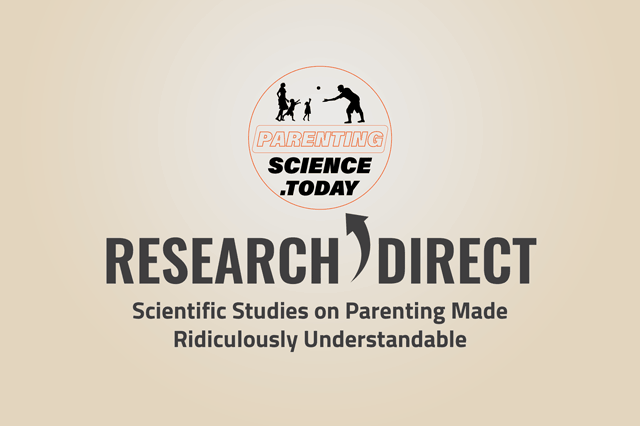Proximal parenting is a parenting strategy that involves body-to-body contact and stimulation. According to certain studies, proximal parenting is commonly used by parents of low educational background and in rural settings. It is believed that proximal parenting stimulates natural reactions in infants. It also tends to create a sense of calm in children, especially in infants and newborns.
Characteristics of Proximal Parenting
-
- Body contact. Proximal parenting involves close physical contact between the parent and the newborn, in order to stimulate bodily responses.
- Mothers only. Proximal parenting is performed by mothers since they are considered the primary caregivers of the children.
- Cultural. Proximal parenting is viewed as a strictly cultural practice. It is used mostly by farmers in rural settings.
- Other contact positions. Apart from entire bodily contact between parent and child, merely holding the child, sitting with the child on your lap, and maintaining close proximity (i.e., only an arm’s length) are also considered forms of proximal parenting.
Results of Proximal Parenting
The underlying aim of proximal parenting is to enable the proper growth and development of the children, which allows them to achieve their full social and intellectual potential. The end results of proximal parenting include:
-
- Physical warmth. The bodily contact between mother and child provides physical warmth, which helps protect the child from cold and harsh weather. It also helps prevent cold-related illnesses.
- Emotional warmth. Constant and prolonged contact between a mother and child promotes the child’s emotional development. The child feels an emotional attachment to, a bond with, and a sense of care from the mother. As a result, the child develops a closeness with the mother through a sense of belonging.
- Accelerated development. Bodily contact between mother and child helps accelerate the growth and development of the child as the child becomes more willing to adopt the mother’s messages and values.
- Better communication. Proximal parenting enables the mother to perceive the needs of the child faster, particularly when the child shifts positions or experiences discomfort. Hence, it enhances communication between the mother and the child.
- Self-recognition and self-regulation. Self-recognition and self-regulation are achieved at a faster rate with proximal parenting because of the bodily contact between mother and child, as shown in this study.
Proximal parenting, therefore, produces children who are independent and self-aware. In addition, proximal parenting develops children who are mentally sharp and have great communication skills. Moreover, the children grow into emotionally stable and secure adults. Thus, they perform well in many aspects of life.

References
- Keller, Heidi, Joern Borke, Thomas Staufenbiel, Relindis D. Yovsi, Monika Abels, Zaira Papaligoura, Henning Jensen et al. “Distal and Proximal Parenting as Alternative Parenting Strategies during Infants’ Early Months of Life: A Cross-Cultural Study.” International Journal of Behavioral Development 33, no. 5 (2009): 412–420. Retrieved from http://journals.sagepub.com
- Raviv, Tali, Maureen Kessenich, and Frederick J. Morrison. “A Mediational Model of the Association between Socioeconomic Status and Three-Year-Old Language Abilities: The Role of Parenting Factors.” Early Childhood Research Quarterly 19, no. 4 (2004): 528–547. Retrieved from https://www.sciencedirect.com














[…] or relationship.” This type of parenting has several characteristics according to the website parenting science.today. These […]